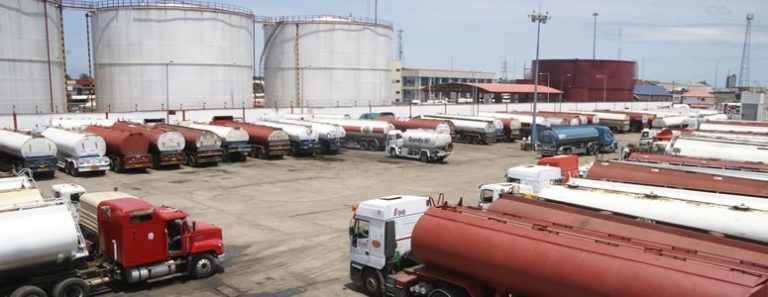….as oil production declines 13.6%
With fuel consumption rate by consumers continue to plummet by the day following adjustments of their travel schedules occasioned by the fuel subsidy regime, data on petroleum products importation indicated that Nigeria’s fuel imports fell to 106,000 barrels per day (bpd) in July 2023.
The drop in volume as reflected in the S&P Global Commodity at Sea insights sourced by our correspondent on Tuesday showed that refined fuel imported into the country in the month represented a 48.34% dip from the 205,200 barrels per day recorded in May 2023.
According to the report, total refined product demand in the country also fell by 41% in the same period.
The firm projected: “Scrapping the long-standing subsidy could save Nigeria as much as N11 trillion ($2.6 billion) in 2023, according to estimates from the World Bank in June, providing relief to a growing government deficit.”
The fuel importation data over the past two months after the removal of the fuel subsidy by the Federal Government on 29th May has been significantly as transports costs have increased by as much as 100% in some instances and raised food prices.
The data from the global research and consulting firm is consistent with the data from the Nigerian Midstream and Downstream Petroleum Regulatory Authority (NMDPRA), which indicated that fuel consumption in Nigeria dropped to 46.38 million litres per day following the removal of the subsidy.
For instance, the Nigerian Upstream Petroleum Regulatory Commission (NUPRC) reported at the weekend Nigeria’s oil production in the month of July 2023 fell by 13.6 percent to an average of 1.08 million barrels per day compared to 1.25mbpd recorded in June, latest production data from has indicated.
The data showed that blended and unblended condensate oil daily production in the month under review were 38,258 barrels and 174,509 barrels respectively. Condensate oil productions are not part of Nigeria’s OPEC production quota.
According to the commission, Nigeria’s daily average oil production in July was 1.29 million barrels per day, a 12.8 percent drop when compared to total average daily production of 1.48 million barrels in June.
Meanwhile, the Nigerian National Petroleum Corporation (NNPC) Limited has projected oil production of 1.8 million barrels per day (mbpd) by Q4 this year as part of government’s sustained moves to boost Nigeria’s oil production.
Analysts forecast that fuel prices are expected to rise further to possibly N700 per litre in the coming weeks following volatility of the FX market and the weakening value of the Naira.






